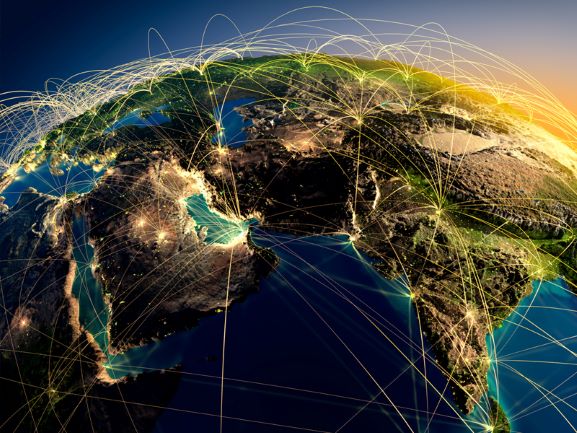New York: For the first time in the 32 years that the United Nations Development Programme (UNDP) have been calculating it, the Human Development Index, which measures a nation’s health, education, and standard of living, has declined globally for two years in a row.
According to the latest Human Development Report, "Uncertain Times, Unsettled Lives: Shaping our Future in a Transforming World", launched on Thursday by UNDP, the last two years have had a devastating impact for billions of people around the world, when crises like COVID-19 and the war in Ukraine hit back-to-back, and
interacted with sweeping social and economic shifts, dangerous planetary changes, and massive increases in polarization.
Human development has fallen back to its 2016 levels, reversing much of the progress towards the Sustainable Development Goals.
The reversal is nearly universal as over 90 percent of countries registered a decline in their HDI score in either 2020 or 2021 and more than 40 percent declined in both years, signaling that the crisis is still deepening for many.
While some countries are beginning to get back on their feet, recovery is uneven and partial, further widening inequalities in human development.
Latin America, the Caribbean, Sub-Saharan Africa and South Asia have been hit particularly hard.
"The world is scrambling to respond to back-to-back crises. We have seen with the cost of living and energy crises that, while it is tempting to focus on quick fixes like subsidizing fossil fuels, immediate relief tactics are delaying the long-term systemic changes we must make," said Achim Steiner, UNDP Administrator in a press release on Thursday.
"We are collectively paralyzed in making these changes. In a world defined by uncertainty, we need a renewed sense of global solidarity to tackle our interconnected, common challenges," Steiner stated.
The report explores why the change needed isn’t happening and suggests there are many reasons, including how insecurity and polarization are feeding off each other today to prevent the solidarity and collective action we need to tackle crises at all levels. New calculations show, for instance, that those feeling most insecure are also more likely to hold extreme political views.
"Even before COVID-19 hit, we were seeing the twin paradoxes of progress with insecurity and polarisation. Today, with one-third of people worldwide feeling stressed and fewer than a third of people worldwide trusting others, we face major roadblocks to adopting policies that work for people and planet," said Steiner.
"This thought-provoking new analysis aims to help us break this impasse and chart a new course out of our current global uncertainty. We have a narrow window to re-boot our systems and secure a future built on decisive climate action and new opportunities for all," Steiner added.
To chart a new course, the report recommends implementing policies that focus on investment — from renewable energy to preparedness for pandemics, and insurance—including social protection— to prepare our societies for the ups and downs of an uncertain world. While innovation in its many forms— technological, economic, cultural—can also build capacities to respond to whatever challenges come next.
Cek Berita dan Artikel yang lain di Google News
FOLLOW US
Ikuti media sosial medcom.id dan dapatkan berbagai keuntungan



















